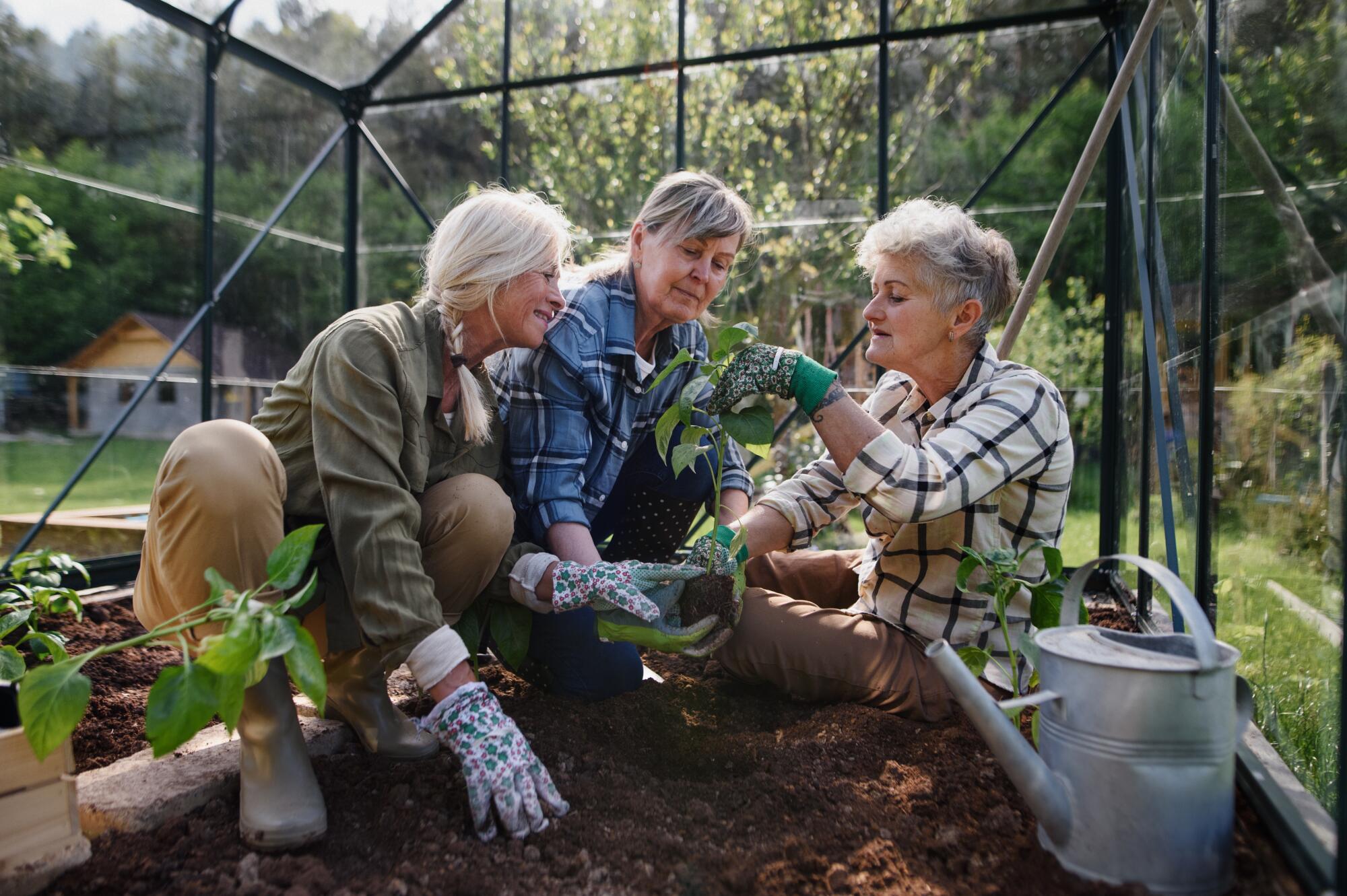Community Gardens: Wellness and Joy for Aging Adults
Have you ever wondered how a simple garden could bring joy, health, and connection to your life?
As we grow older, staying active and engaged can become harder, but it doesn’t have to be. Community gardens offer more than fresh vegetables; they grow friendships, purpose, and peace of mind.
Whether you’re retired or just looking for more meaning in your days, a garden plot might be just what you need. In this article, you’ll discover how gardening can bring wellness and joy back into your routine.
Physical Activity That Nurtures the Body
Gardening gets the body moving in gentle, healthy ways. Tasks like digging, planting, and watering provide low-impact exercise. These activities help improve strength, flexibility, and balance.
Unlike intense workouts, gardening lets older adults move at their own pace. Regular motion keeps joints loose and muscles engaged. This kind of physical activity supports heart health and reduces the risk of disease.
Nature’s Role in Emotional Well-Being
Spending time in nature brings calm and clarity. The sights, sounds, and smells of a garden soothe the nervous system. For aging adults, this peaceful setting reduces stress and lifts the mood.
Gardening also creates moments of mindfulness. Watching a flower bloom or feeling the soil in your hands can ground the mind. These quiet joys help ease anxiety and support emotional balance.
Building Friendships and Community Bonds
Community gardens are natural gathering places. People meet while working side by side, sharing tools, advice, and stories. This setting makes it easy to form new friendships.
These social moments offer more than simple companionship. They help create a sense of belonging and connection to others. This makes community gardens a powerful tool for senior engagement through gardening, where relationships grow as naturally as the plants around them.
Purpose and Meaning in Everyday Life
Gardening gives older adults something to care for and look forward to. Each plant grown is a result of patience, attention, and effort. This process offers a deep sense of purpose.
Tending a garden provides daily structure and motivation. There’s always something to water, harvest, or prepare for the next season. This rhythm helps bring meaning to routine.
Sharing Skills and Generational Knowledge
Many aging adults have years of gardening wisdom to share. In community gardens, they teach others about planting, composting, and growing food. This creates a valuable space for mentorship.
Sharing knowledge builds pride and connection. It also helps pass on family traditions and cultural practices. This keeps stories and skills alive across generations.
Healthy Harvests and Better Nutrition
Growing fresh food encourages better eating habits. Vegetables and fruits from the garden are packed with flavor and nutrients. This can lead to healthier meals and improved well-being.
Older adults may also feel more excited to cook and eat when they’ve grown the ingredients. Homegrown produce often tastes better than store-bought. These healthy harvests support both body and mind.
Grow Roots of Joy in Every Season of Life
Community gardens remind us that growth doesn’t stop with age – it simply takes on new meaning. With every seed planted, older adults reconnect with nature, with others, and with themselves. These gardens offer a space to feel useful, joyful, and part of something bigger.
Even small patches of green can spark big changes in well-being. And for many aging adults, that change starts with a simple trowel, a little sunlight, and a welcoming place to grow.
Was this article helpful to you? If so, make sure to check out our blog for more useful information and resources.

